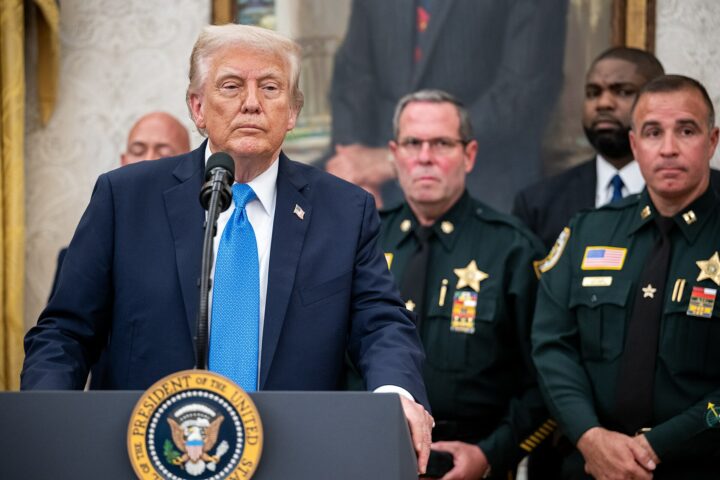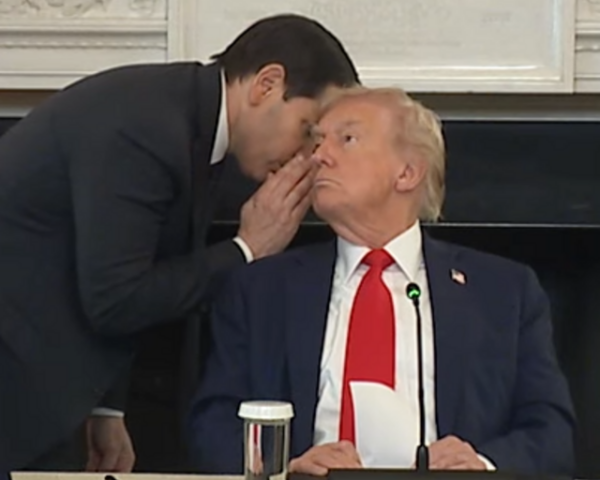The U.S. Supreme Court issued a sharp rebuke Thursday to a federal district judge who sought to defy a prior order blocking enforcement of the Trump administration’s third-country deportation policy, ruling 7–2 that Judge Brian Murphy “violated its order” by attempting to circumvent a stay the Court had already imposed.
The majority opinion reaffirmed the Court’s June 23 stay of an earlier injunction, noted The Daily Caller.
In a 7-2 decision, the Supreme Court agreed Thursday that Murphy violated its order, noting the “only authority” he cited was the dissent.
“Our June 23 order stayed the April 18 preliminary injunction in full,” the majority held. “The May 21 remedial order cannot now be used to enforce an injunction that our stay rendered unenforceable.”
The Trump administration previously urged the Supreme Court to clarify its order, accusing Murphy of “unprecedented defiance” of the high court’s authority. Murphy’s ruling was “a lawless act of defiance that, once again, disrupts sensitive diplomatic relations and slams the brakes on the Executive’s lawful efforts to effectuate third-country removals,” the administration wrote its June 24 motion.
Even Justice Elena Kagan, who dissented from the original decision, agreed the lower court could not continue to block the deportations.
“I voted to deny the Government’s previous stay application in this case, and I continue to believe that this Court should not have stayed the District Court’s April 18 order enjoining the Government from deporting non-citizens to third countries without notice or a meaningful opportunity to be heard,” Justice Elena Kagan wrote in a concurring opinion. “But a majority of this Court saw things differently, and I do not see how a district court can compel compliance with an order that this Court has stayed.”
The Trump administration, in a sharply worded June 24 motion, accused Murphy of engaging in “unprecedented defiance” and undermining U.S. foreign policy through a “lawless act of defiance.” Administration lawyers warned that Murphy’s actions risked “slamming the brakes on the Executive’s lawful efforts to effectuate third-country removals,” directly implicating the balance of powers between the judiciary and the executive branch.
At the heart of the legal battle is the Trump administration’s policy of deporting migrants to third countries without individualized assessments or formal notice. The administration has maintained that the policy is essential to controlling border flows and managing international agreements, particularly in volatile regions.
Thursday’s ruling underscores the Supreme Court’s insistence on procedural compliance in the face of lower court resistance. While ideological divisions remain over the merits of the underlying deportation policy, the majority drew a hard line on the limits of judicial discretion once a higher court has spoken.








